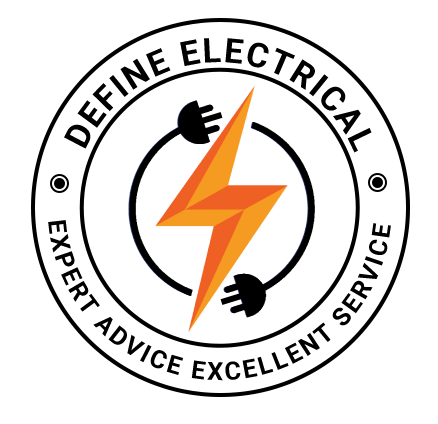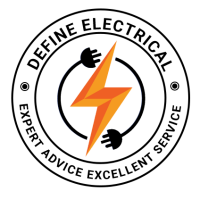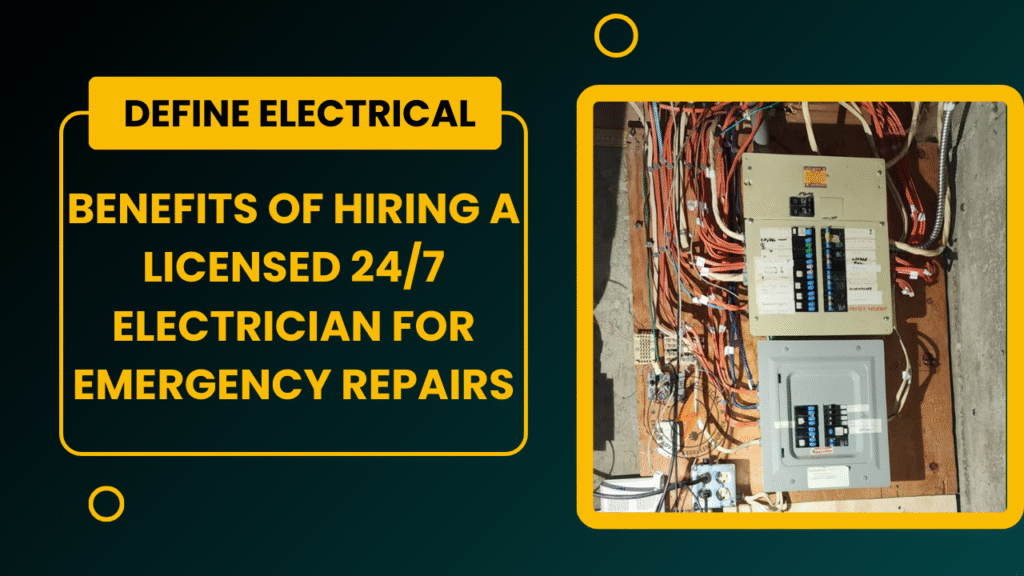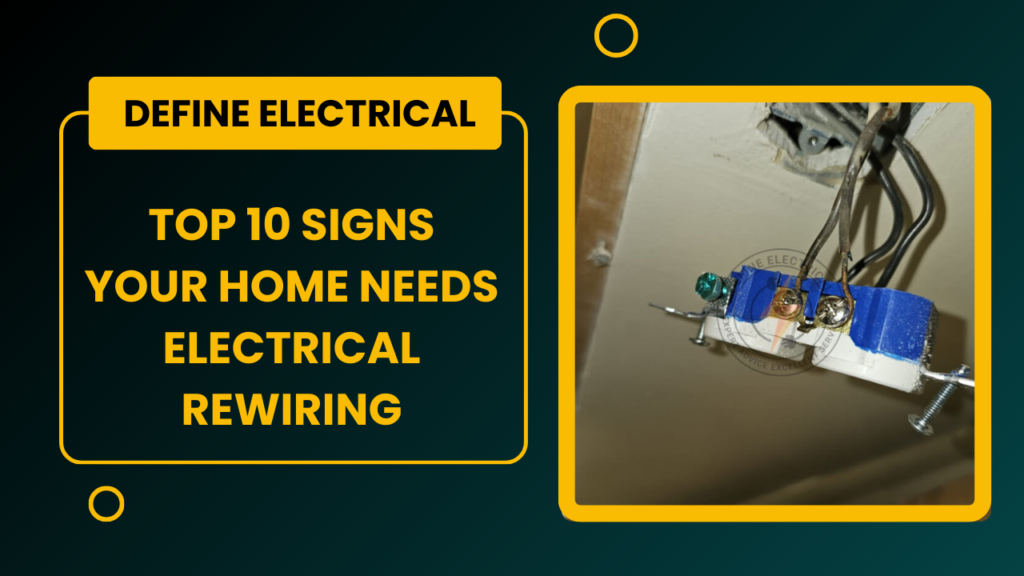Benefits of Hiring a Licensed 24/7 Electrician for Emergency Repairs
The trick in work time electrical emergencies never work. A sudden power outage at the residence during the midnight hour or a commercial circuit overload during the weekend can be a great danger and a great inconvenience. So, having 24/7 access to a licensed electrician is more than just an option—it’s a matter of safety, reliability, and comfort. This blog will discuss the prime advantages of hiring the services of a legitimate electrician who is available 24/7 and why many homeowners and business owners alike in Edmonton trust DEFINE ELECTRICAL LTD for their residential and commercial electrical emergencies. Immediate Response During Electrical Emergencies Instant availability of an electrician 24 hours daily is probably one big advantage of hiring them. Electrical hazards of exposed wires, the frequent trips of breakers, burning smell, or complete power loss need immediate attention and cannot be left for dawn. Waiting until morning can cause: This is about where DEFINE ELECTRICAL LTD has the edge, providing 24/7 emergency electrical services in Edmonton to attend to the problem as soon as possible. Whether it is the midnight hour, weekend, or holiday, just a call away is their team. Certified Master Electricians Ensure Quality and Safety When dealing with electricity, quality workmanship and deep expertise are non-negotiable. Hiring a certified master electrician ensures your electrical issues are diagnosed and resolved with precision, preventing recurring problems and safety risks. DEFINE ELECTRICAL LTD employs certified master electricians with years of training and field experience. They are well-versed in: Unlike a handyman or unlicensed technician, a master electrician provides solutions that are safe, legal, and built to last. Licensed & Insured for Peace of Mind Electrical work can be hazardous — and if there ever is something that goes wrong, liability should not rest upon you. This is why working with a licensed and insured electrician is a must. With DEFINE ELECTRICAL LTD, you’re covered every step along the way: This level of professionalism comes as great relief at an already stressful emergency. Upfront Pricing with No Hidden Charges During emergencies, the last concern that one wishes to have is inflated bills or surprise charges. Generally, most fly-by-night or unlicensed contractors take advantage of emergencies by adding in extra fees after the fact. The trust that has thereby been engendered through such an approach may be cited as the reason for making them a choice for emergency electrical repairs in Edmonton. Expert Troubleshooting and Long-Term Solutions Emergency electricians must be the quick responders and problem-solving professionals alike. When the power goes out or wires start sparking, this issue could be just up-front or it could be that the issue really stems from something underneath. This is what the licensed, on-call electrician will do at DEFINE ELECTRICAL LTD: Support for Both Residential and Commercial Properties Something different in the electrical system is there for homes and businesses, but emergencies may occur in either setting. It could be a short-circuit or burnt outlet for a home; a panel failure or a lighting outage in a business to stop operations. DEFINE ELECTRICAL LTD provides all residential and commercial electrical services, including: This makes them a one-stop for emergency electrical repairs regardless of the setting. Avoiding DIY Disasters When lights go out or sparks appear, many people attempt to do the repair themselves. However, electrical work should never be an area of experimentation. Without the proper training and tools, a DIY fix with electric problems can cause: An electrician working through the nightfall at DEFINE ELECTRICAL LTD recognizes the risk and deals with it safely. When it’s electricity, never cheat, and teach parents to set the record straight from Day One. Compliance with Electrical Codes and Permits Given that they’re in Edmonton and Alberta in general, there are strict technical codes for electricity, which must be observed to guarantee safety and reliability. Residential panel upgrades, commercial rewiring, whichever is being carried out, must be done in accordance with these codes. Hired a licensed electrician means: DEFINE ELECTRICAL LTD keeps in step with the latest amendments to electric code requirements in Alberta to make sure all emergency work is compliant and carried to the highest standards. Protecting Your Property and Investments Electrical fires or damaged equipment could cost thousands to repair or replace. Unseen connection or short circuit can cause irreparable damage to the place in minutes. Hence, having professional emergency electricians is an investment that safeguards one’s home, business, and assets. With fast response and efficient repairs, DEFINE ELECTRICAL LTD ensures lesser damage, protection of appliances, and safe restoration of power, thus giving you some time to resume your normal life. Local, Trusted, and Always Available in Edmonton In case you need a 24-hour emergency electrician near me, you need somebody who is local, fast, and dependable. DEFINE ELECTRICAL LTD is based out of Edmonton and has maintained a solid reputation for reliability, integrity, and great customer service. Their local base allows for: Electrical emergency situations might develop at any instant, and when they do, assistance needs to be furnished promptly. Choosing for a certified, insured, and experienced electrician that works 24 hours a day means a safe repair done reliably by someone who really knows what to do. With DEFINE ELECTRICAL LTD, you get: Whether it is flickering in an electrical panel in your house or a sudden blackout in your commercial location, you are sure that DEFINE ELECTRICAL LTD will restore safety and power to you anytime.
Benefits of Hiring a Licensed 24/7 Electrician for Emergency Repairs Read More »
